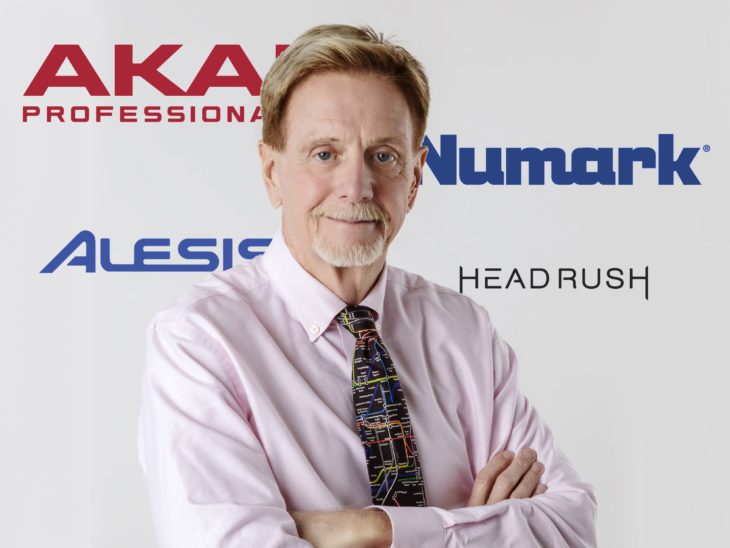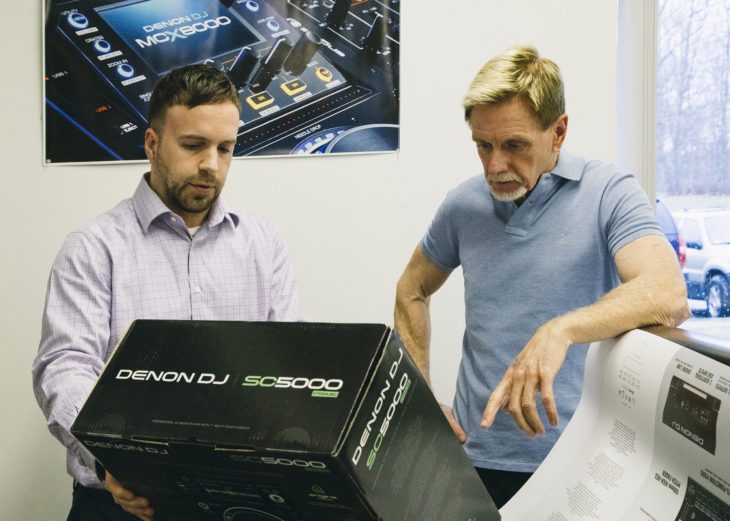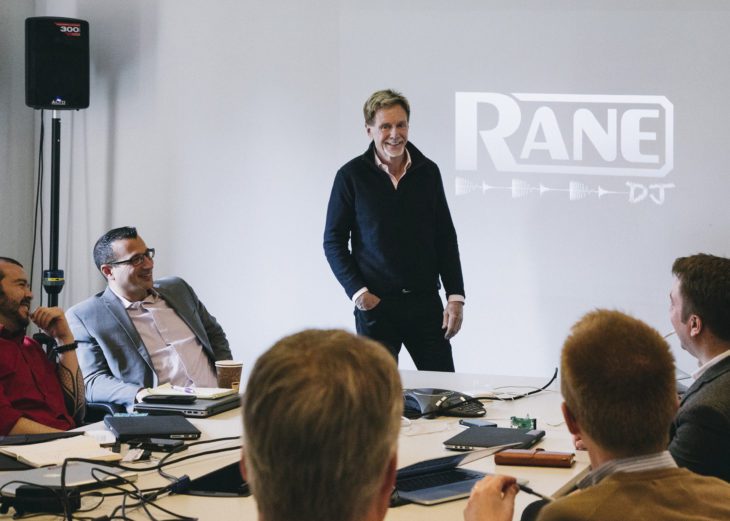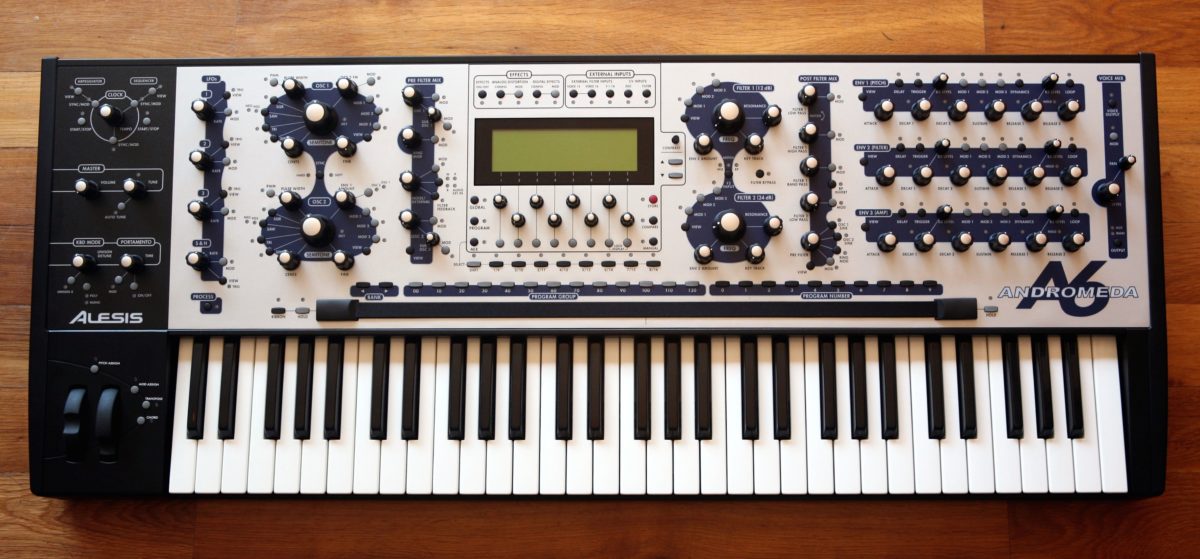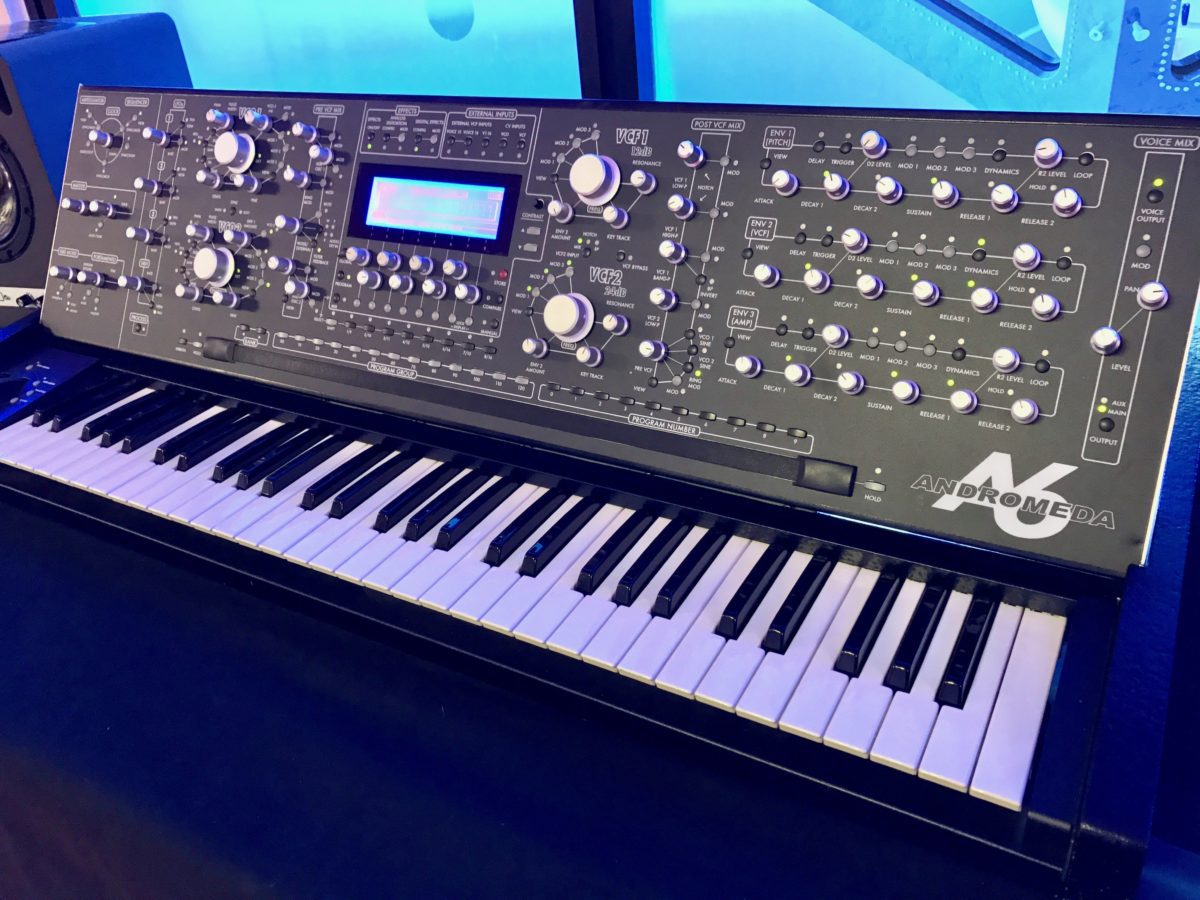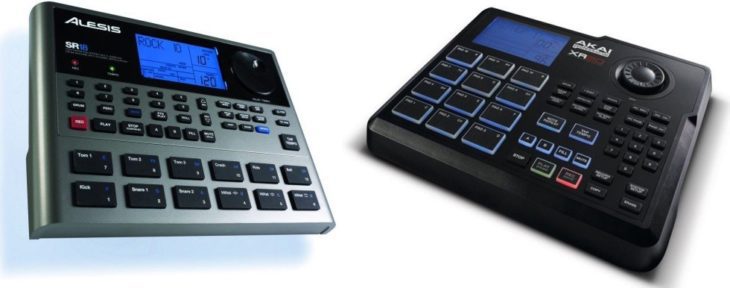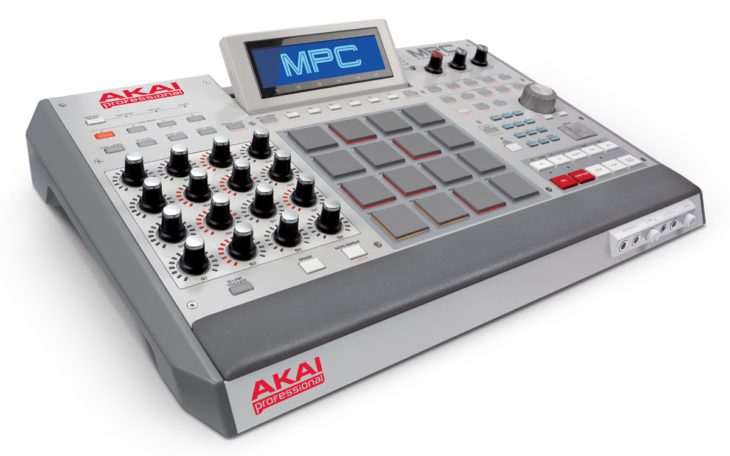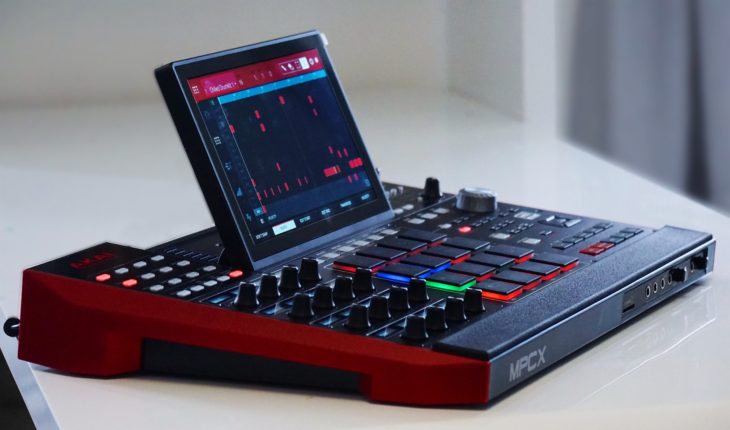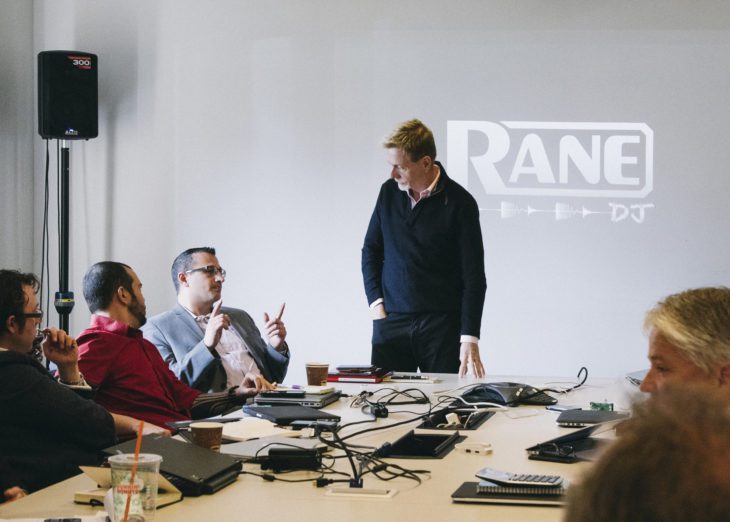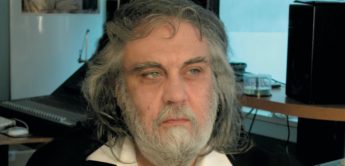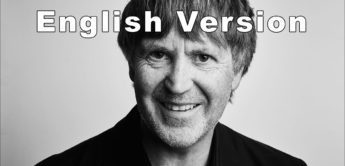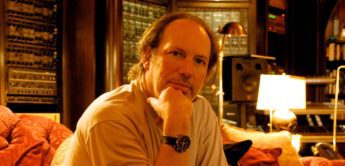The man behind InMusic (english)
Jack O’Donnell has always seen challenges as an opportunity.
In 1992, O’Donnell bought a company known as Numark Electronics, a small DJ equipment manufacturer that had been on the market since the early 1970’s. Numark has revolutionized the art of DJing with the introduction of new technologies and innovative products and is now the largest DJ equipment manufacturer in the world.
In 2001, O’Donnell bought Alesis, the groundbreaking company with a history that made innovative technology accessible to every musician. Alesis was the first company to make studio-quality digital effects and recordings affordable to the masses. Today, Alesis is the fastest growing e-drum company in the world and continues to develop instruments that make life easier for musicians every day.
In 2005, O’Donnell bought another iconic brand: Akai Professional, one of the world’s most influential makers of musical instruments and creator of the legendary MPC. The Akai Professional production tools harness the power of advancing technology and are an integral part of modern music both in the studio and on stage.
InMusic founded a brand new company called HeadRush in 2017. The first product, the HeadRush Pedalboard, is a guitar FX and amp modeling processor in an easy-to-use pedalboard platform.
Today, this elitist family of hardware and software companies is known as inMusic. Retaining unique brand identities, each of inMusic’s companies is committed to developing innovative, state-of-the-art, design, and technology-based products.
We met Jack O’Donnell for an exclusive interview, in which he gave us exciting insights into the history of his empire.
Peter:
How did you get to the music? How did you start in the music industry? Do you actually make music yourself?
Jack O’Donnell:
No, I’m not a musician, I’m just a music lover and I started getting interested in it for a variety of reasons. I worked for a company called Stanton Magnetics for twelve years. Our primary focus was on the consumer market. At the time, Stanton was involved in a growing market – the DJ market.
Peter:
What was your interest in becoming one of the „big players“ in the music business, even though you are not a musician. Surely you have a great passion for music?
Jack O’Donnell:
Of course I have a great passion for music. Right after college, I was fortunate enough to enter the consumer electronics business. I practically had my business degree in my pocket and at the same time I loved music. That was a perfect combination for me. For twelve years, I served as Vice President Sales & Marketing for Stanton Magnetics and Pickery & Company.
Peter:
You mean the Stanton Brand, right?
Jack O’Donnell:
Yes, I was responsible for the consumer market at the time. We made turntables, headphones and needles for turntables. At the time, Stanton was only minimally involved in the professional market. Over time, the whole thing changed and they cared more about the professional market. Stanton became the first choice for radio stations and DJs. So I said to my team, we should expand this area. At that time, the CD came on the market and turntables were becoming increasingly uninteresting for the consumer market, but sales in the professional and DJ sector increased. So we decided to expand the Pro area. We watched the market and decided to partner with Vestax to make ourselves more interesting to the DJ market. We created the name Stanton-Vestax and operated it for a few years. One day the company Numark suddenly came up for sale.
Peter:
What do you mean, Numark was for sale?
Jack O’Donnell:
Numark had financially taken over and they have tried to sell the company to free themselves from this misery. Actually, they were one of the market leaders on the DJ market.
Peter:
Yes absolutely!
Jack O’Donnell:
They did not get financial problems due to a lack of interest in their products or brand problems, but because they felt they had to relocate their production from Japan to California. Relocating a whole production means completely restarting at another location. When the company was up for sale, I thought it would be a brilliant move for Stanton to take over the company. It costs me a lot of persuasion at Stanton, but no one wanted to be convinced. So I left Stanton and bought Numark alone.
Peter:
Even though you are neither a musician nor a DJ. So you are still interested in DJ Equipment?
Jack O’Donnell:
It has always been a matter of the heart to me to understand how musicians think and feel. Most of the people here in my company, be it engineers or sales, have a musical backround. I’m not a musician and I think differently, but I think it’s often helpful to bring two different ways of thinking together. It’s just a formula for success. I bring along an economical way of thinking with and the other employees the musical.
Peter:
That would have been my next question. How did you lead Numark out of the red?
Jack O’Donnell:
Look at the problems of Numark, it was mainly production issues. They had shifted production from Japan to California and I knew that was not the right step and we should go back to Asia. There it just worked successfully. So I shut down production in California and brought it back to Asia.
Peter:
Surely that has been more expensive to produce in the USA?
Jack O’Donnell:
Yeah, that was also the point why Numark got financial problems. They made some very wrong business decisions. So I bought the company and developed new products.
Peter:
Your next big step in 2001 was the acquisition of Alesis. Was that more strategy or a lucky coincidence that you could take over Alesis?
Jack O’Donnell:
My plan was to acquire a company that was more at home in the engineering field. With Numark that was almost everything in Asia and I wanted to be more active in the USA. Alesis was a strong, established brand name that had a recognition value in the market. I took a close look at the company and they also had a strong engineer backround. So you could do things at Alesis very differently than Numark.
Peter:
And that was the right decision then?
Jack O’Donnell:
It was definitely the right decision because I could focus more on development and engineering.
Peter:
Alesis has written music history with many of his products. How was it possible then that Alesis was just for sale?
Jack O’Donnell:
They just did not look far enough into the future. Their greatest success in the early 1990s was the development of ADAT (Alesis Digital Audio Tape), a digital multi-track tape device.
Peter:
Clearly!
Jack O’Donnell:
They made a lot of profit with it. But unfortunately, they have relied solely on ADAT. As always in history, things are changing and new technologies are coming to market. People started buying more computer-based products. Alesis was a great company, but at some point had more expenses than revenue. When ADAT did not sell well anymore, it was a shock to the company.
Peter:
Some products Alesis was famous for, unfortunately do not exist anymore. For example, the Andromeda A6 and the airFX. Why are they not there anymore?
Jack O’Donnell:
The products were simply no longer profitable. This market simply stopped. Today we know that this special lover market has increased again. We also look very much at how and if we can develop it for ourselves again. At that time, we had to find new sources of income at Alesis, which had never before focused on it. So after ADAT we had to find a new line and develop new things, which we did.
Peter:
Amazona.de is now almost 20 years old and we have the largest community in Germany for synthesizers and beat products. We often write about vintage synthesizers. At the moment we are seeing a huge comeback of the analog synthesizers. Behringer, Korg, Yamaha etc. are starting to produce analog synthesizers again. Would it be conceivable for Alesis, who developed one of the best analog synthesizers of all time with the Andromeda, to also get back into this area?
Jack O’Donnell:
The market is literally begging for an analog synthesizer from Alesis.
Peter:
Absolute!
Jack O’Donnell:
Of course, we want to fulfill the wishes of our customers, but we have to do it right and at the right time. The technology that was used at the time at Andromeda is no longer there. So we have to start from scratch. This process is very time-consuming, we want to come up with something, which also has the quality of an Andromeda and not just use its name.
Peter:
In Germany there is every year the fair Superbooth. The company InMusic was also there last year and presented the new Akai MPC. We had a replica Andromeda on the stand as a magazine. It looked like a Minimoog, with this dark paneling. Rebuilt completely different than it was in the original. The thing was so coveted that people all asked, „Where can I buy this? – Where can I order it? – Is this a new line from Alesis?“ No, it’s a one-off, the only thing that exists! „It was just a fake of us, I need to send you some pictures of it, and then I realized that there is a lot of interest in Alesis, in his name and his history in the area of analogue synthesizers.
Jack O’Donnell:
Yes that’s true! But we want to do everything right before launching a new Andromeda.
Peter:
Let’s talk about Akai Professional. I myself was Marketing Manager at Akai when they released the S3000 and the „old“ MPCs. And then we were sold to an American company names Numark. Numark bought Akai, right?
Jack O’Donnell:
Yes, not the company Numark alone, but my group of companies bought Akai Professional. The group operates under the name InMusic.
Peter:
I do not remember that they started off with guitar effects for Akai at that time, was that during your time or was it before?
Jack O’Donnell:
That was before my time, but then we went ahead with it and ultimately developed a whole new line from it. This was called Akai Headrush.
Peter:
Exactly, I remember that. Did that work with Headrush at the time?
Jack O’Donnell:
Not with the old product, but then we developed it further.
Peter:
Then 2008 two new drum computers came out almost at the same time, one from Alesis the other from Akai. They were two pretty similar products, both of which had almost the same design, but a slightly different sound.
One would have believed, since that comes from the same company, you once used the Akai logo and once the Alesis. Is it not that difficult to have different brands, but the same team of engineers behind it? At the end of the day, when a product is ready, you ask yourself, do I put an Akai logo or Alesis logo on it?
Jack O’Donnell:
Yes, the problem is there. But I think that’s now a thing of the past. Today, people are focusing on the different brands we have at InMusic. We invest a great deal of money into development, marketing and sales to represent the uniqueness of the different brands. Nowadays every brand has its unique selling points. Although there are similarities in the products, but there are today in the entire industry.
Peter:
Then came the time when the largest division of Akai was the MPC. You then decided to distribute this „only“ as a controller. Two or three years later you came back with hardware MPCs. Was that a mistake „only“ to have a controller? Why did you decide to return to the stand-alone solution?
Jack O’Donnell:
It was not a mistake, the market at that time demanded it. We just wanted to develop the MPCs.
Peter:
That’s true. Today I know why the market accepted it then. But for me it was the right decision to do it that way. But it looked like that, as if the users asked for a different kind of MPC?
Jack O’Donnell:
That’s a good point, Peter. We really enjoyed the controller years, but more and more stand-alone solutions were required. Today we have the know-how to build an absolutely comparable stand-alone MPC. And we just did not think we had that before. If you like, you can now use the stand-alone solution with your computer. In addition to the stand-alone solution, we are still bringing out desktop solutions. But with the stand-alone solution, we first had to develop something to let our advanced software run on it. That took some development time. We see that today we have great success with the stand-alone solution.
Peter:
Larger as with MPC RAM3?
Jack O’Donnell:
Yes, we had good success with MPC RAM, but the stand-alone has surpassed it all.
Peter:
Would you like to develop more in this area? Someone told me that the MPCX was your personal baby. Were you very involved in the development?
Jack O’Donnell:
I am always very involved in the development of all our products. I spend a lot of time with the engineers, that’s a lot of fun. While I’m talking to you, my engineers are sitting in the room next to us.
Peter:
That means you are very much involved in product development?
Jack O’Donnell:
Yes, with everything. It’s just something that really fulfills me.
Peter:
Has the business changed in recent years? I always feel that it focuses on a few large companies, such as InMusic or Behringer and more and more smaller go insolvent?
Jack O’Donnell:
That’s right, but I do not like it that much. But look, for example, we can afford twelve offices around the globe, where engineers and designers are all around. All the requirements for great products. But I am firmly convinced that we would never have the power to develop our products if not all the small companies with their inventions and ideas had previously existed. The development department needs a lot of money and that’s just the advantage of a big company.
Peter:
Did you find work more fun in the beginning of your career?
Jack O’Donnell:
This is a good question. I had a lot of fun at the beginning of my career. But today I have so much fun, like never before. The technical progress is just a lot of fun.
Peter:
What have you planned in the near future?
Jack O’Donnell:
We invested a lot of energy to develop our products. In the future we would like to see that we can lower the prices, in order to be able to sell our features also in a more affordable variant. We believe that the more we can open ourselves to a wider audience, the more exciting the future will be.
Peter:
Thank you Jack for this interview



